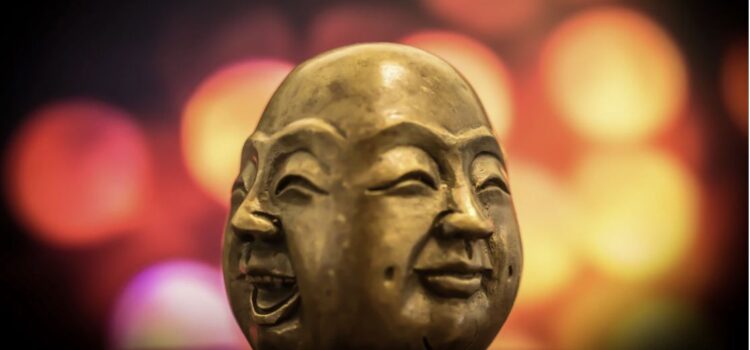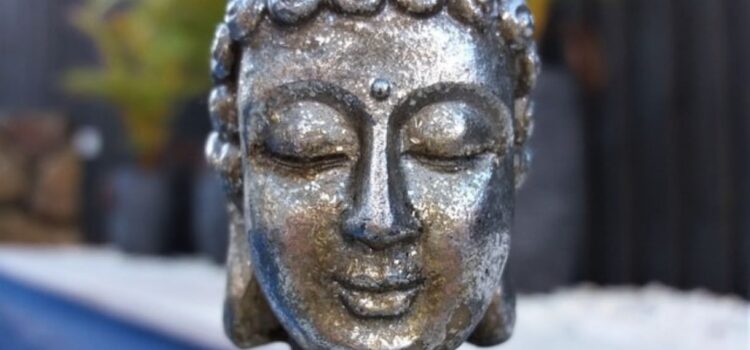Can you free yourself from suffering? How can embracing suffering help you free yourself from it? According to Buddhism, suffering is inherent to human existence. That’s why the first step toward eliminating suffering is, paradoxically enough, to accept it. There are four strategies to embrace suffering: 1) don’t take things personally, 2) stop feeling guilty, 3) contemplate your mortality, and 4) stop resisting change. Let’s explore each in more detail.
How to Embrace Suffering and Be Happier










